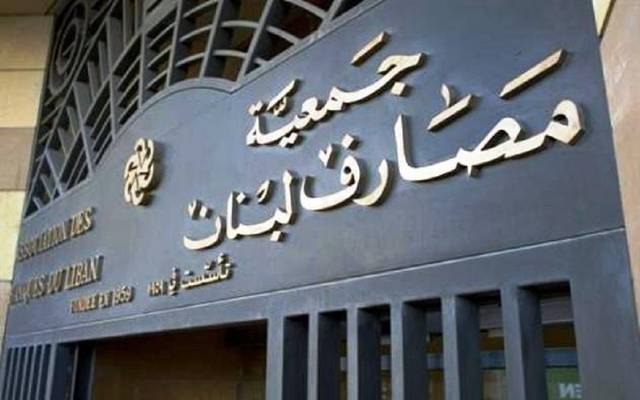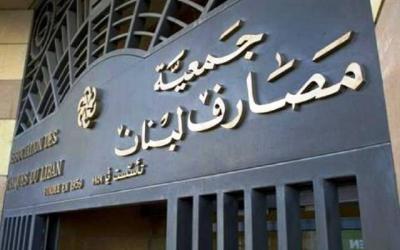The Board of Directors of the Association of Banks in Lebanon issued a statement following a meeting held today, addressing recent judicial decisions. The statement emphasized the Association's ongoing respect for the judiciary and its absolute commitment to the law and its provisions, noting that deviating from this "constant" places banks in a circle of legal targeting, both internationally and locally, and endangers the existence of banking institutions and the safety of their operations. However, some of the recent judicial decisions contained flaws that, when highlighted and disseminated, could cause significant harm and risks to what this sector represents socially and economically, potentially leading to negative repercussions not only on this sector but on the Lebanese economy as a whole, and consequently on the Lebanese people and the supreme national interest.
It is worth stating that the demands of the people are a right, and the rights of depositors are sacred. However, subjecting banking leadership to organized campaigns of slander and defamation, along with unjust accusations of rejected and condemned practices, both locally and internationally, such as money laundering and illicit financial activities, could tarnish the reputation of Lebanon and its banking system. This could indefinitely deprive it of any communication with international financial markets and make its recovery and regaining trust unattainable.
What benefit arises from waging a fierce campaign against the Lebanese banking system as a whole, especially since any plan to lift Lebanon from its current predicament must inevitably pass through this system? The Association of Banks, keen on people's rights and understanding their demands for their deposits and their concerns about its fate, recognizes that the only way out of the current predicament lies in correcting the severe imbalance that has long afflicted the political life, through the reactivation of all authorities. The executive authority is nearly paralyzed, the legislative authority is functioning at less than full capacity, and the judiciary is anxious about urgent vacancies that could disrupt its functions, seeking to achieve its independence as the most effective remedy for its performance flaws.
Everyone, both domestically and internationally, understands that forming a new, trusted, competent, and credible government is the first and fundamental step toward recovery, an essential step to begin drafting an economic rescue plan that involves all sectors, primarily the banking sector, and to commence negotiations with the International Monetary Fund and sovereign bondholders, and to initiate a series of long-awaited vital reforms. Only then, and only at that point, will it be possible to practically and gradually begin returning what belongs to the people, who are our kin, our support, and the element of our stability, success, and resilience over more than thirty years.
Lebanon's banks have worked diligently and persistently to achieve international recognition for the quality of their operations. The Financial Action Task Force (FATF) praised their seriousness in adhering to all standards and procedures related to combating money laundering and the financing of terrorism. How can it be that Lebanese banks suddenly find themselves, overnight and through sudden internal decisions, in violation of sound banking practices and anti-money laundering and anti-terrorism financing standards? Where is the objectivity in holding banks, solely and exclusively, responsible for the political and economic developments that have occurred on the internal and regional fronts?
Accusing banks of these crimes reflects a clear disregard for the heavy losses caused by the ongoing political crisis in the country and the public economic policy, which has inflicted structural damage negatively reflected on the deposits, which will remain a right for their owners regardless of how much time passes. The judicial authority and all citizens must know that the continued directing of such accusations could destroy the relationship between Lebanese banks and correspondent banks, which is vital to maintain. If this happens, God forbid, it would deal a fatal blow to both domestic and expatriate Lebanon, especially since Lebanese banks are present in more than 30 countries, serving abroad, which is currently the source of external liquidity, and the restoration of its flow in the future while considering this when issuing any decision.
The Association of Banks in Lebanon, while reiterating its full respect for the judiciary in accordance with the laws, urges the esteemed members of the judiciary to take precaution against all the aforementioned points so that the outcomes meet expectations and aspirations. Constantly targeting banks and bankers is not the most effective way to obtain deposits, which we reiterate are protected and documented, a liability of the state and the central bank, without any dispute regarding their legality and legitimacy.




